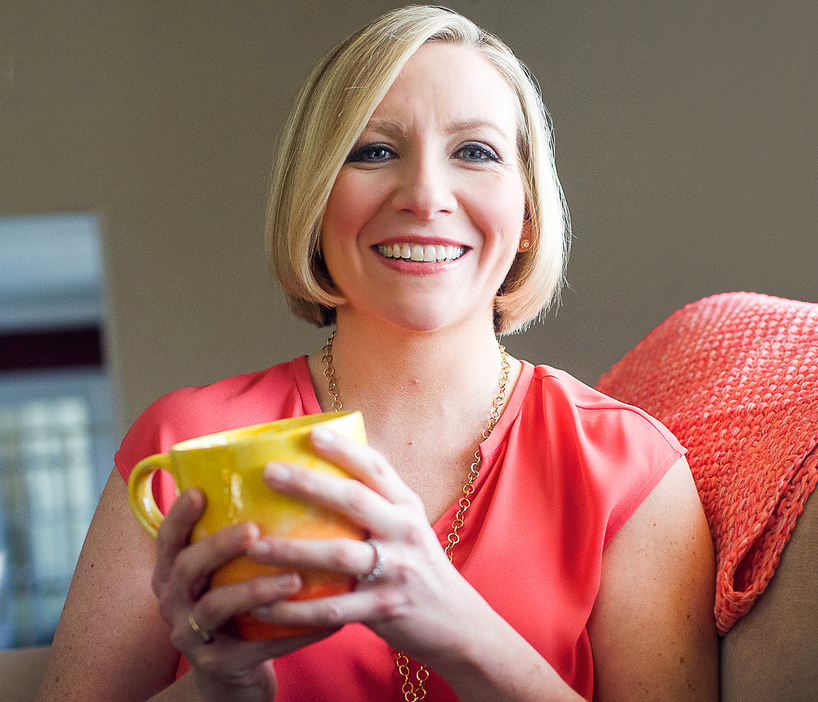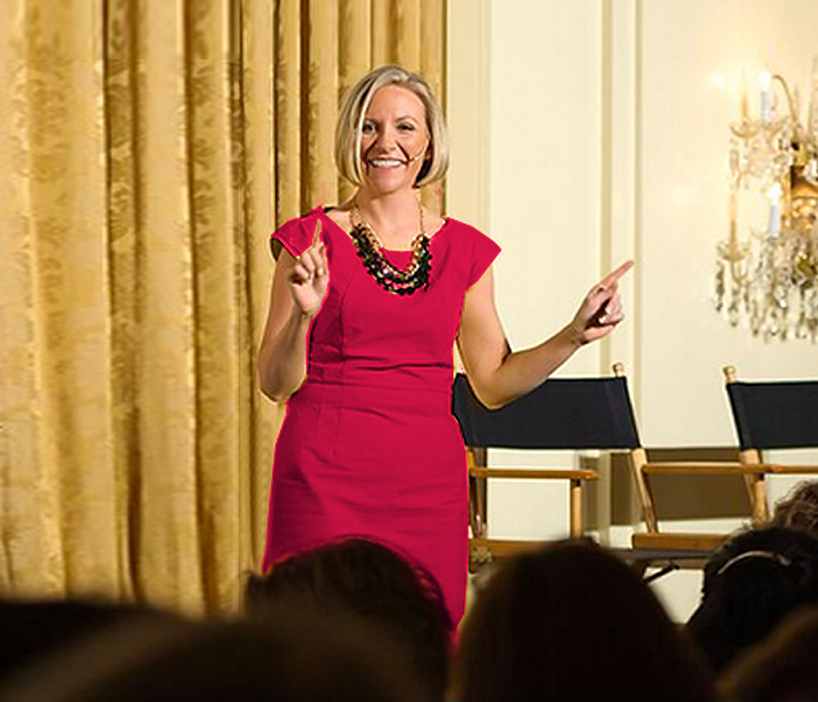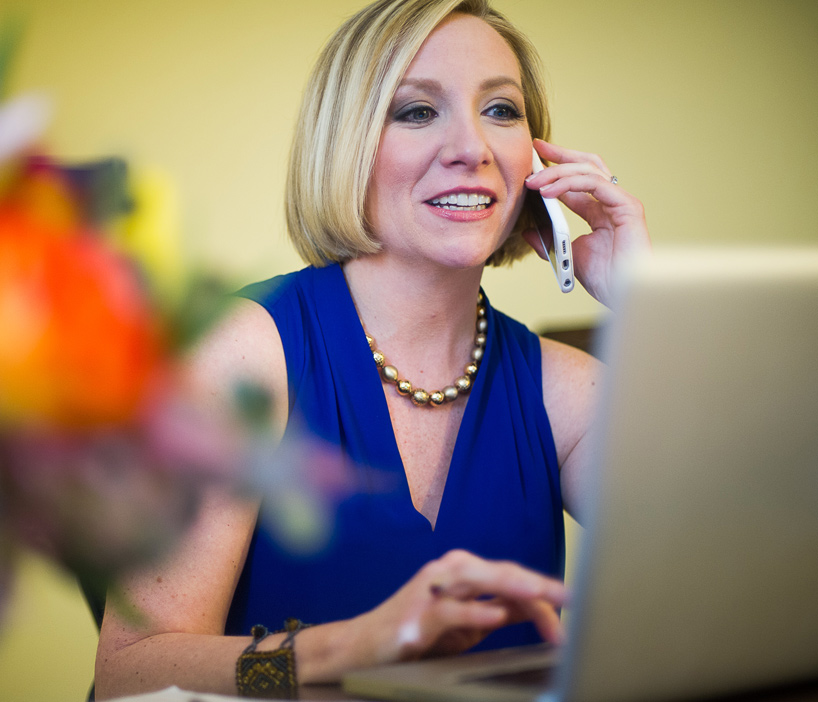Interview With Jay Lee of Smallknot
As a crowdfunding expert I try to stay objective, but I really think that Smallknot has a mission that transcends other crowdfunding sites in supporting small local businesses.
How It All Started
Jay was a human rights activist before becoming a securities lawyer on Wall Street. While working on Wall Street he, along with his co-founder, saw billions of dollars moved across the world with one click, but realized there was no way to invest $50 in small businesses 50 yards away that were struggling, with many having to close their doors permanently because they didn’t have a way to raise capital to launch, sustain and grow their businesses. They really saw Wall Street versus Main Street in action!
Not content with the status quo, Jay listened to his intuitive voice that said there are people like him (and his friend and Smallknot co-founder) who want to support small businesses in their neighborhoods. Their altruistic mission was to create a channel to make it possible.
How It Works…
Smallknot is all about keeping money local, whereas larger sites like Kickstarter or Indiegogo feature passion projects. Small businesses that need to upgrade or purchase something and don’t want to take out a loan can start a campaign up to $15,000. Campaigns are set up as a barter-type exchange where business owners promise to pay back the donations in the form of products or services.
It’s a win-win for the consumers and the businesses because the consumers are getting something of greater value than they put in, and the businesses don’t have to pay interest on a loan. There are three types of campaigns including:
- An all or nothing campaign where you must reach your goal to receive funds.
- A campaign that allows businesses to receive any funds pledged as long as they pay back the rewards as pledged.
- A social underwriting hybrid campaign—still in experimentation phase—that allows businesses to crowdfund for collateral to secure a traditional bank loan.
What You Need To Know
In order to maximize funding for small businesses, Jay and his team have been able to keep the fees in check, at three percent. Jay’s advice to entrepreneurs who are considering a crowdfunding project is to do their homework and get customers, vendors, non-profits and other people in your network—business or personal—to spread the word to friends and media for a successful crowdfunding campaign. Like any success, crowdfunding takes strategizing, prioritizing, and preparing. But the results can be magical!
Thanks for being here and reading my message. I want you to stay connected with me so that I can share all future communications with you.
Please enter your name and email below to join my community.
Success! Thank you for joining. You'll receive a confirmation in a while.
















